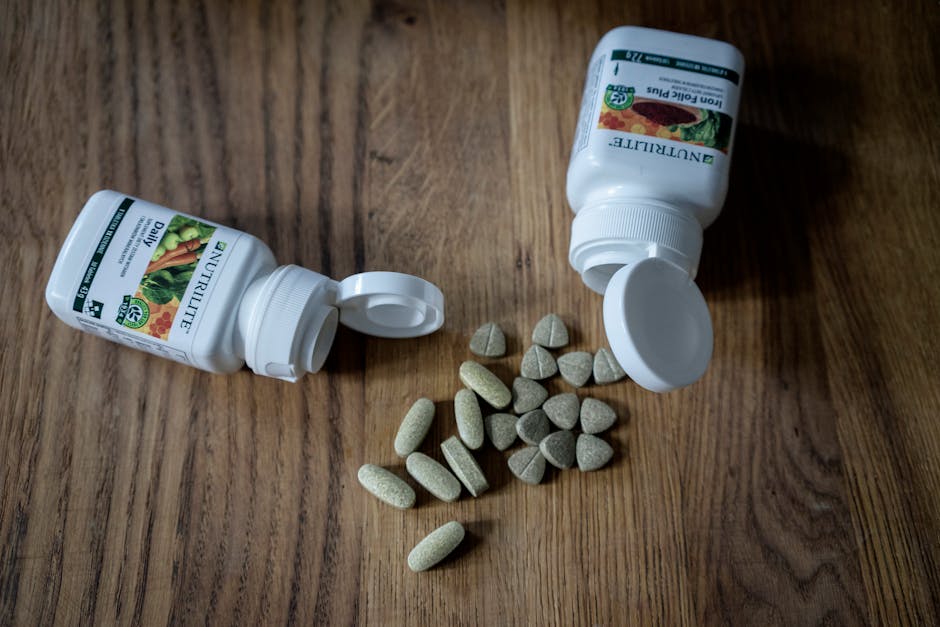Sustaining a state of well-being extends far beyond merely treating ailments; it necessitates a proactive approach to healthcare. Preventative healthcare, a cornerstone of wellness, emphasizes early intervention, risk reduction, and the cultivation of healthy habits. Its importance reverberates across individuals, communities, and the global healthcare landscape. This essay will delve into the multifaceted reasons why preventive healthcare is crucial for optimal health and wellness.
A crucial aspect of preventative healthcare lies in its capacity to mitigate the onset of chronic diseases. Conditions like heart disease, type 2 diabetes, and certain cancers frequently stem from lifestyle choices and persistent exposure to risk factors. Regular check-ups, particularly for those in high-risk groups, allow for early detection of potential problems. Early diagnosis translates to timely interventions, often leading to more effective treatments and improved prognoses. For instance, regular screenings for blood pressure and cholesterol levels can identify individuals at risk of cardiovascular disease, enabling lifestyle adjustments and medication to prevent the disease from developing. Similarly, mammograms and Pap smears are instrumental in the early detection of breast and cervical cancers, enhancing chances of successful treatment.
Beyond chronic disease prevention, preventative healthcare encompasses a broad spectrum of strategies. This spectrum encompasses vaccination programs aimed at protecting against infectious diseases and promoting herd immunity. Routine immunizations are particularly critical for children, adolescents, and adults, effectively preventing potentially debilitating diseases like measles, mumps, rubella, and polio. Further, preventative care extends to the realm of lifestyle modifications. Promoting balanced diets, regular physical activity, and stress management techniques is vital for overall well-being. Maintaining a healthy weight, reducing sodium intake, and increasing fruit and vegetable consumption are examples of impactful dietary choices that can significantly decrease the risk of developing various health issues. Furthermore, encouraging regular exercise and stress reduction practices can foster physical and mental well-being, promoting overall resilience.
The economic benefits of preventative healthcare are undeniable. Early detection and intervention significantly reduce healthcare costs associated with treating advanced diseases. The cost of long-term care, hospitalizations, and medications for severe conditions far outweighs the cost of preventative measures. This paradigm shift in approach, prioritizing prevention over treatment, translates to substantial savings for individuals and healthcare systems. Furthermore, preventative healthcare can contribute to greater workforce productivity. Healthy individuals are more likely to maintain employment and contribute to the economy, reducing the burden of absenteeism and lost productivity.
A pivotal aspect of preventative healthcare centers on educating individuals about health risks and promoting healthy choices. Public awareness campaigns about the importance of regular screenings, proper nutrition, and physical activity can have a profound impact on health outcomes. Health literacy plays a critical role in empowering individuals to take control of their health. Educating communities on the risks of smoking, substance abuse, and unhealthy diets is imperative in mitigating these risks. Accessible health education materials, coupled with community outreach programs, can effectively raise awareness about the benefits of preventative care.
An integral component of preventative healthcare involves cultivating healthy habits across the lifespan. Starting healthy habits early, especially in childhood, lays a foundation for lifelong wellness. Encouraging children to adopt healthy eating patterns, engage in regular physical activity, and practice stress management techniques shapes their approach to health for years to come. This preventative approach to childhood health, encompassing nutrition, physical activity, and mental health support, contributes significantly to the development of healthy adults. Similarly, promoting healthy aging strategies for older adults is essential, emphasizing maintaining physical activity, mental stimulation, and social connections to mitigate the risks associated with aging.
The effectiveness of preventative healthcare hinges on accessible resources and equitable access for all individuals. Individuals from disadvantaged backgrounds may face barriers to accessing quality preventative care, perpetuating health disparities. Addressing these disparities necessitates a multi-faceted approach, encompassing improved access to healthcare services, targeted outreach programs, and culturally sensitive strategies to promote healthy behaviors in marginalized communities. Recognizing the unique needs of diverse populations is critical in ensuring that preventative care is effectively reaching everyone.
In conclusion, the importance of preventative healthcare extends beyond the individual level, encompassing social, economic, and environmental impacts. By prioritizing early detection, lifestyle modifications, and health education, we can build a healthier future for all. Proactive care reduces the burden of chronic diseases, minimizes healthcare costs, and fosters a healthier society overall. Investing in preventative healthcare is not merely a cost-effective strategy; it is a commitment to the well-being of individuals, communities, and the planet.
